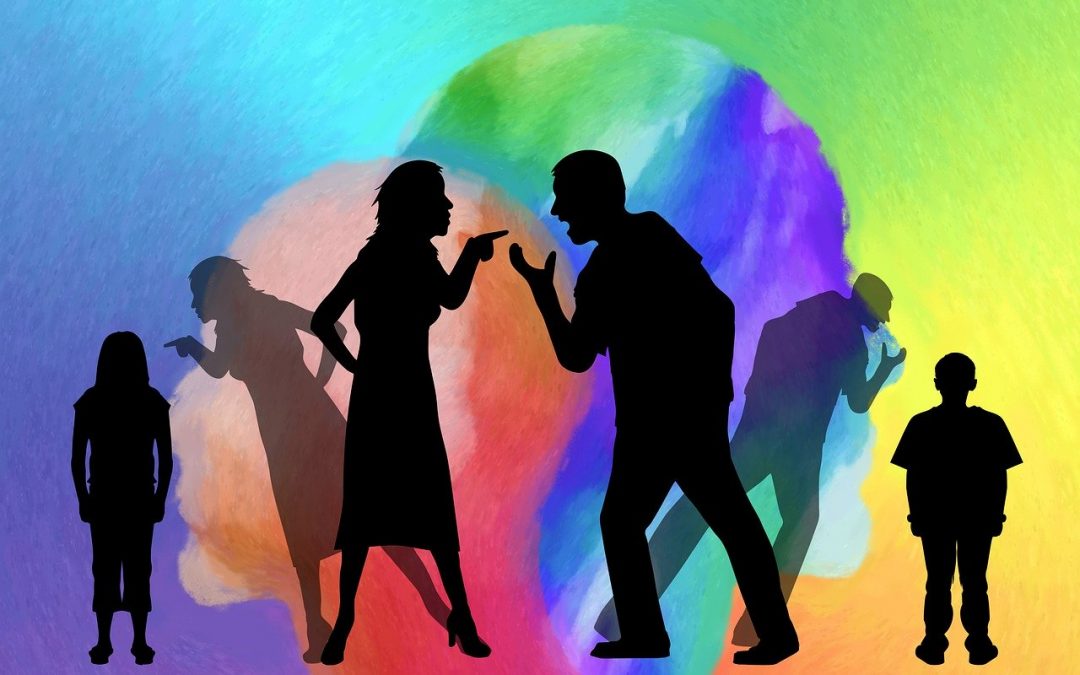
Policing Domestic Abuse During the Lockdown
There have been numerous reports via tabloids and the televised news regarding the issue of domestic abuse and the issues of safety for those who are living with an abuser during the current lock-down. One fact that I feel should be made very clear as Safer Lives[1] note on their website ‘Domestic abuse affects us all; it thrives on being hidden behind closed doors. We must make it everybody’s business.’
What Can We Do?
We all rely on the Police in a time of crisis, but right now there is a time of crisis for all of us and the Police are trying to maintain order in our communities. They are ready to respond to a domestic abuse incident. What I am stating here is that we are the eyes and ears of our locality. We all need to be listening for the indications that there is abusive behaviour in the homes of our neighbours during this time of lock-down. If you hear any shouting, screaming, crying out or a crash of furniture or plates or you notice abusive behaviour in the garden then it is time to act. I know that this will not be enough to identify all forms of abuse but those who abuse will probably feel emboldened by this current situation, so, we need to be vigilant.
How Will I Recognise Domestic Abuse?
There is a lot of information on the Internet regarding domestic abuse and how the relationship between the abused and abuser is often complicated. Coercion is often subtle and not all abusive relationships are physically violent. It is a fact that abuse takes place in any kind of home; a higher income does not mean that there is no abuse. There is a belief for many victims of abuse that the stigma of asking for help will mean that they are judged and may feel ashamed of their situation. They may feel that this judgement will affect their working life and their family life and there are issues around identity and confidence and self-belief.
The UK Government defines Domestic Abuse as “Any incident or pattern of incidents of controlling, coercive or threatening behaviour, violence or abuse between those aged 16 or over who are or have been intimate partners or family members, regardless of gender or sexuality. This can encompass, but is not limited to, the following types of abuse: psychological, physical, sexual, financial and emotional.”[2]
The UK Government outlines coercive behaviour as an act or a pattern of acts of assault, threats, humiliation and intimidation or other abuse that is used to harm, punish, or frighten their victim.
Controlling behaviour is a range of acts designed to make a person subordinate and/or dependent by isolating them from sources of support, exploiting their resources and capacities for personal gain, depriving them of the means needed for independence, resistance and escape and regulating their everyday behaviour.
During ‘lockdown’ it may not be obvious that someone is losing their independence or that there everyday behaviour is being regulated. If you have not got a close relationship with your neighbours it is difficult to know if there is a coercive or controlling relationship. Ask yourself a few questions, what is the the tone of voice? Is there any touching? Is there raised voices? Are your neighbours relaxed with each other? Can you keep a diary of what you see? Will you refer to information on sites such as the Women’s Aid or a local women’s charity to find out more? Will you call the Police if you see anything that causes you alarm?
Alcohol Consumption as a Catalyst
One behaviour to look out for is the consumption of alcohol. We all may enjoy a few glasses of wine or beer and especially whilst enjoying the warmer weather. The issue of alcohol as a cause of domestic abuse has been discussed in the tabloids. The concerns shown about the sale of alcohol during the lock-down has raised questions about whether the UK should continue sales following the closure of restaurants and pubs. Some countries have banned alcohol sales. The issue is that violent behaviour is often perpetrated where there has been no consumption of alcohol. Alcohol, like any drug is a catalyst for behaviour that already exists. Taking this into account, this does not mean that the consumption of alcohol is not something to be concerned about as sales have reportedly increased by 22%.[3] This may be the catalyst that increases abusive behaviour and we can be alert to it and contact the Police.
Heightened Risk
The Guardian reports that on Saturday 28th March 2020 that the Refuge helpline saw a 65% increase in calls. Ingala Smith Chief Executive of Domestic Abuse Charity, Nia and founder of the ‘Counting Dead Women Project’ has pointed out that ‘initial data analysis is showing a higher rate of killings in the last few weeks’.[4] So, the message of this article is increase your vigilance, look after your neighbours and your friends. If you can afford to donate funds, then that is an option.
Stay Safe, Plan for Safety
Finally, if you are experiencing abuse and you are finding yourself isolated and unable to contact local services. Please call the Police. Dialling that 999 number is something that you can do and if you cannot talk add 55 to be automatically put through to the police. If you still cannot talk, then please leave the phone connected. The Police will try to ascertain if this is an emergency. You may find it difficult to call after experiencing a violent episode. If you cannot do this for what-ever reason stay in contact with a friend via phone. Choose a code word that you can use should you need your friend to act on your behalf, by getting the Police involved. Keep in regular contact with your friend, choose times of the day when you can have contact. Give your friend permission to contact the Police for a welfare check should you miss a check-in. Look at safety-planning on line. It may be that you will never use the plan, but like all plans they are there, just in case.
Vigilance
This article is asking everyone to be vigilant and to take action if you have any cause to suspect domestic abuse in your locality. You could save a life and it is necessary for us all to have heightened awareness of domestic abuse as this lock-down cuts people off from their support and leaves them alone.
Karen Ratcliffe
© KJ Ratcliffe Consultancy.
References
[1] https://safelives.org.uk/-response-to-HMIC-police-progress-report?gclid=EAIaIQobChMIgrKn847P6AIVia3tCh25vAd_EAAYASAAEgLVOvD_BwE Accessed 04.04.2020
[2] https://www.cps.gov.uk/legal-guidance/controlling-or-coercive-behaviour-intimate-or-family-relationship Accessed 04.04.2020
[3] https://www.thedrinksbusiness.com/2020/03/supermarket-sees-booze-sales-rise-22-following-on-trade-closures/ Accessed 04.04.2020
[4] https://www.theguardian.com/society/2020/mar/31/call-for-uk-domestic-violence-refuges-to-get-coronavirus-funding Accessed 04.04.2020



Recent Comments